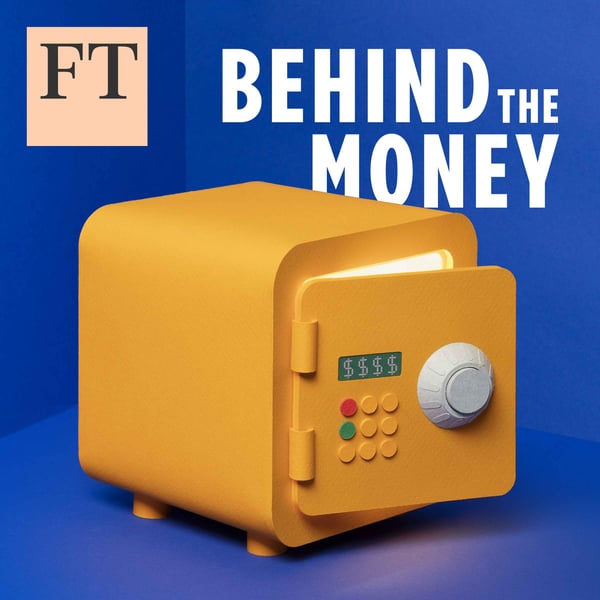Private equity’s experiment with worker ownership
Behind the Money
Topher Forhecz
4.4 • 350 Ratings
🗓️ 6 November 2024
⏱️ 19 minutes
🧾️ Download transcript
Summary
Private equity earned a reputation as a ruthless and lucrative business. But over the past few years, large groups have been doing something that seems like the opposite of their cutthroat image: giving equity worth hundreds of thousands of dollars to the ordinary workers at the companies they own. Antoine Gara, the FT’s US private & institutional capital correspondent, explains how these payouts make business sense for private equity firms – and help soften their tough image.
- - - - - - - - - - - - - - - - - - - - - - - - - -
For further reading:
Workers getting share in windfalls as private equity firms soften image
Private equity groups’ assets struggling under hefty debt loads, Moody’s says
Blackstone plans to list some of its largest investments
- - - - - - - - - - - - - - - - - - - - - - - - - -
On X, follow Antoine Gara (@antoinegara) and Michela Tindera (@mtindera07), or follow Michela on LinkedIn for updates about the show and more.
Read a transcript of this episode on FT.com
Hosted on Acast. See acast.com/privacy for more information.
Transcript
Click on a timestamp to play from that location
| 0:00.0 | Balance your trading strategy by adding futures. |
| 0:03.2 | CME Group helps you manage risk and capture opportunities in all market environments. |
| 0:08.3 | Capitalize on around the clock access to highly liquid global futures and options markets across all major asset classes. |
| 0:15.8 | Visit your online broker and get started. |
| 0:18.0 | See what adding futures can do for you at cME group.com slash podcast. |
| 0:23.2 | Derivatives are not suitable for all investors and involve the risk of losing more than the |
| 0:26.4 | amount originally deposited and any profits you might have made. This is not a recommendation |
| 0:29.8 | to offer to buy, sell, or retain any specific investment or service. |
| 0:36.6 | Private equity has long held a reputation for being ruthless, a no-holds-barred industry. |
| 0:44.2 | These were very scrappy mercenary dealmakers, and with their really iconic investments of that era, |
| 0:51.9 | like RJR and Nabisco, they had no real compulsion about breaking up a company and selling off different parts, which really struck a nerve in the mainstream of America. |
| 1:03.3 | My colleague Antoine Garra says that in the 1980s, the private equity industry relied on deals that used lots of debt. |
| 1:10.7 | That kind of strategy often led to collateral damage for workers. the private equity industry relied on deals that used lots of debt. |
| 1:14.7 | That kind of strategy often led to the collateral damage for workers, |
| 1:18.7 | while PE executives took home massive windfalls. |
| 1:26.6 | In the mid-1980s, the private equity firm KKR did a leveraged buyout of grocery store chain Safeway, |
| 1:29.6 | and they used a very small sliver of equity to buy what was one of America's biggest companies. And after they acquired the supermarket, |
| 1:34.3 | you know, the company went through brutal layoffs and salary cuts. And it became hugely |
| 1:40.5 | controversial. But now a new strategy is gaining some ground that has some firms deciding to share |
| 1:46.7 | a bit of that wealth with their workers. |
| 1:49.5 | But why are firms doing this? |
| 1:51.8 | And what's in it for them? |
... |
Please login to see the full transcript.
Disclaimer: The podcast and artwork embedded on this page are from Topher Forhecz, and are the property of its owner and not affiliated with or endorsed by Tapesearch.
Generated transcripts are the property of Topher Forhecz and are distributed freely under the Fair Use doctrine. Transcripts generated by Tapesearch are not guaranteed to be accurate.
Copyright © Tapesearch 2025.

